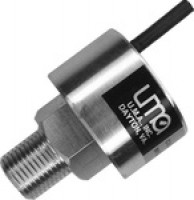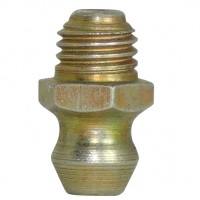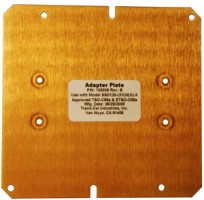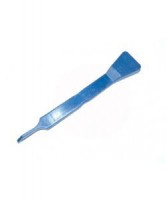THE AVIATION SUPERSTORE FOR ALL YOUR AIRCRAFT & PILOT NEEDS | 877-4-SPRUCE
Orbiter (L) Atlantis Model
$195.75/Each
Part# 13-11082
MFR Model# KYNASAOAT
MFR Model# KYNASAOAT
Overview
| Atlantis, the fourth orbiter to become operational at Kennedy Space Center, was named after the primary research vessel for the Woods Hole Oceanographic Institute in Massachusetts from 1930 to 1966. The two-masted, 460-ton ketch was the first U.S. vessel to be used for oceanographic research. Such research was considered to be one of the last bastions of the sailing vessel as steam-and-diesel-powered vessels dominated the waterways. She featured a crew of 17 and room for five scientists. The research personnel worked in two onboard laboratories, examining water samples and marine life brought to the surface by two large winches from thousands of feet below the surface. The water samples taken at different depths varied in temperature, providing clues to the flow of ocean currents. The crew also used the first electronic sounding devices to map the ocean floor. The spaceship Atlantis has carried on the spirit of the sailing vessel with several important voyages of its own, including the Galileo planetary explorer mission in 1989 and the deployment of the Arthur Holley Compton Gamma Ray Observatory in 1991. |
WARNING: Cancer and Reproductive Harm - www.P65Warnings.ca.gov. |
Q&A
Please note, Aircraft Spruce's personnel are not certified aircraft mechanics and can only provide general support and ideas, which should not be relied upon or implemented in lieu of consulting an A&P or other qualified technician. Aircraft Spruce assumes no responsibility or liability for any issue or problem which may arise from any repair, modification or other work done from this knowledge base. Any product eligibility information provided here is based on general application guides and we recommend always referring to your specific aircraft parts manual, the parts manufacturer or consulting with a qualified mechanic.


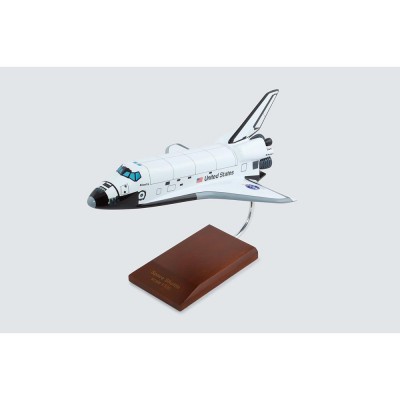





 FREE Shipping
FREE Shipping


